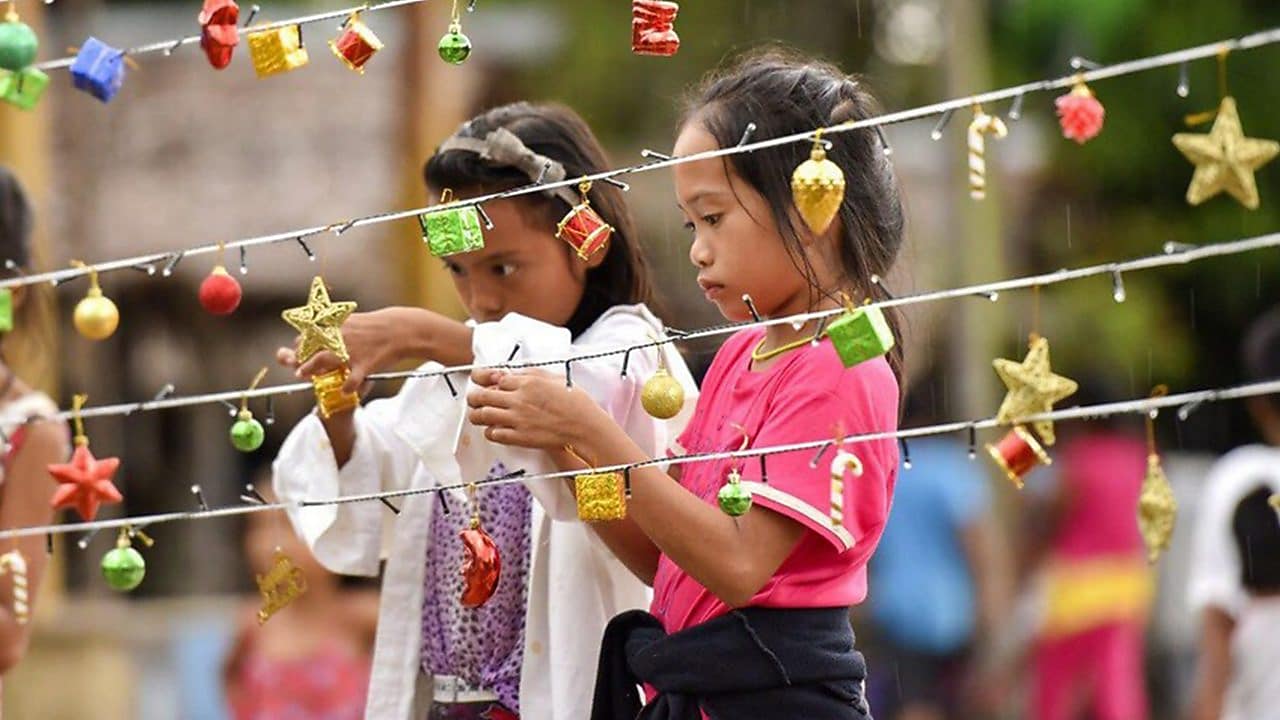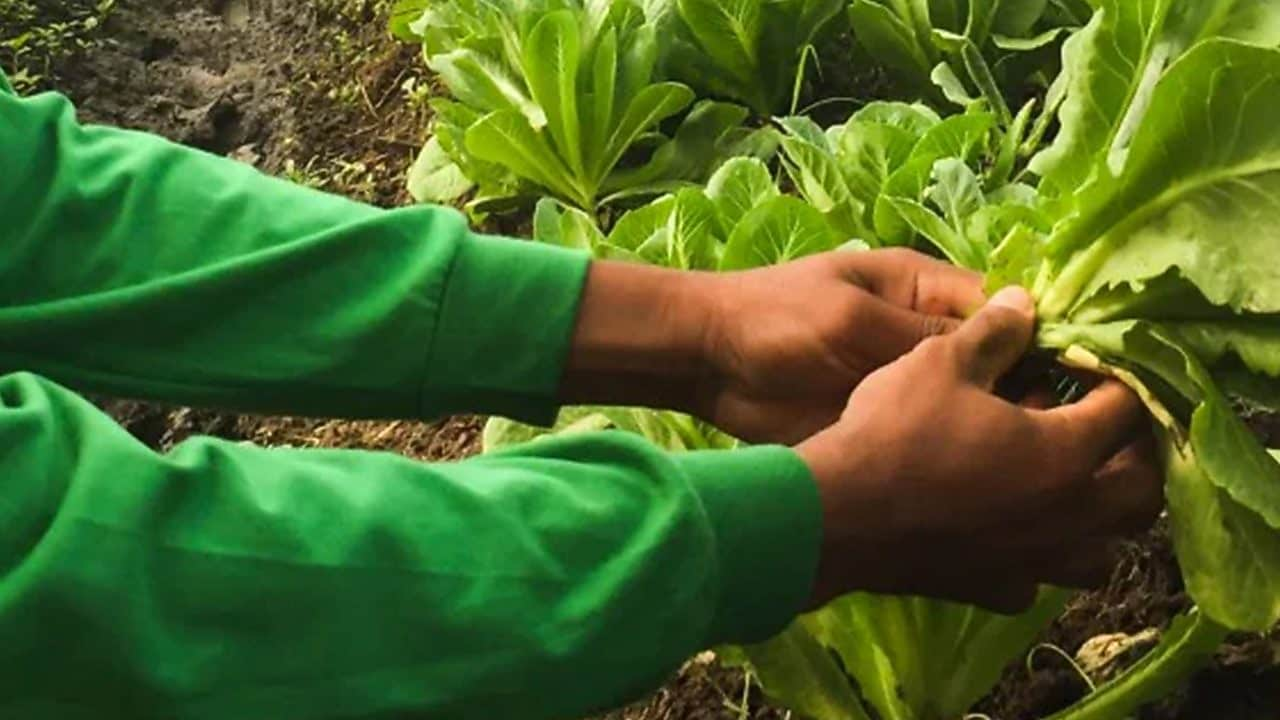
Sustainability
At Shell Pilipinas, sustainability means creating impact for people, communities, and the planet. Through programs in education, livelihoods, clean energy, and disaster response, we help build a more resilient and sustainable future.
Energy User
Reducing absolute operational emissions
What we have achieved
Scope 1 & 2 Emissions
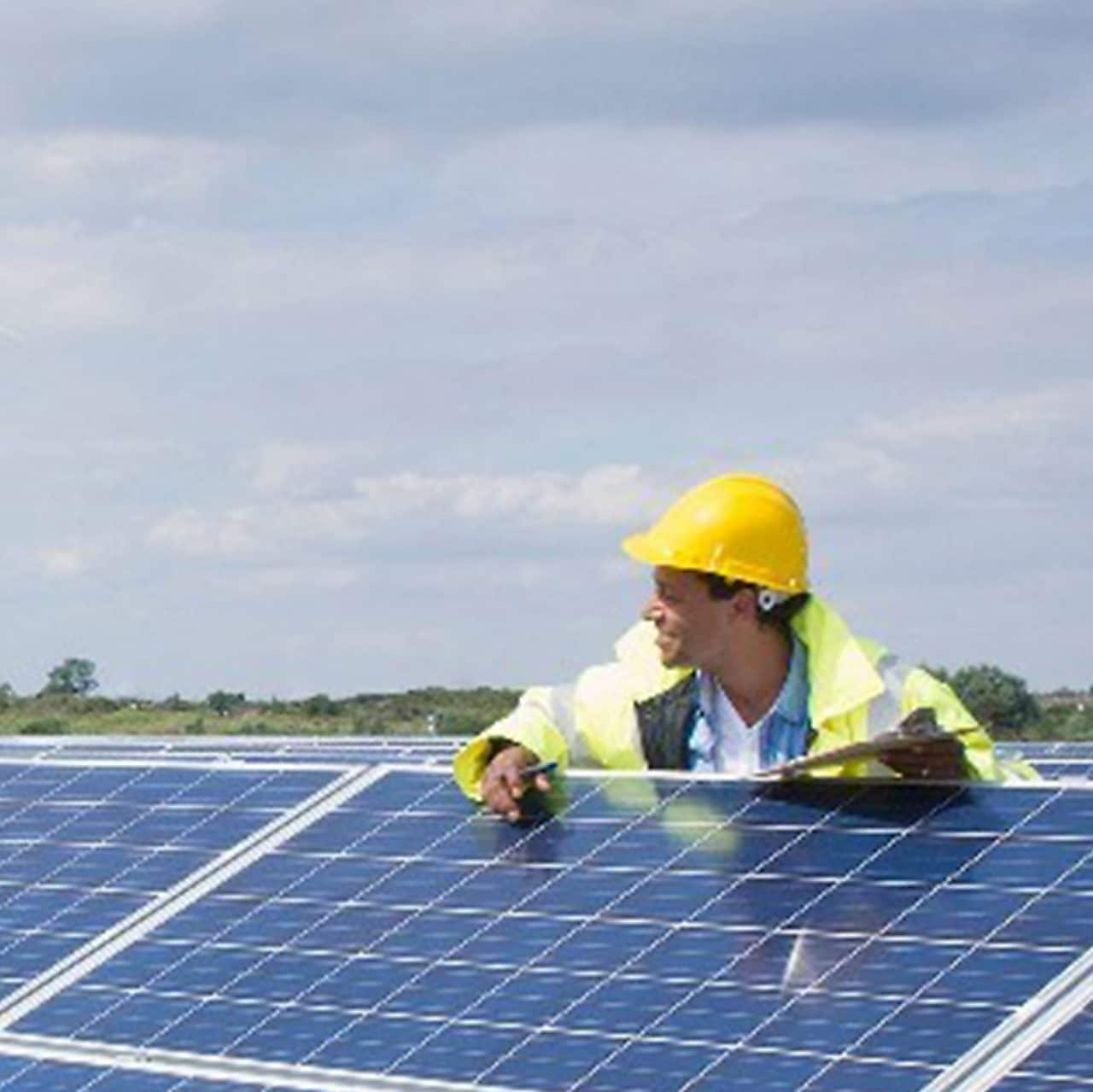
5000 solar panels
installed in our terminal facilities
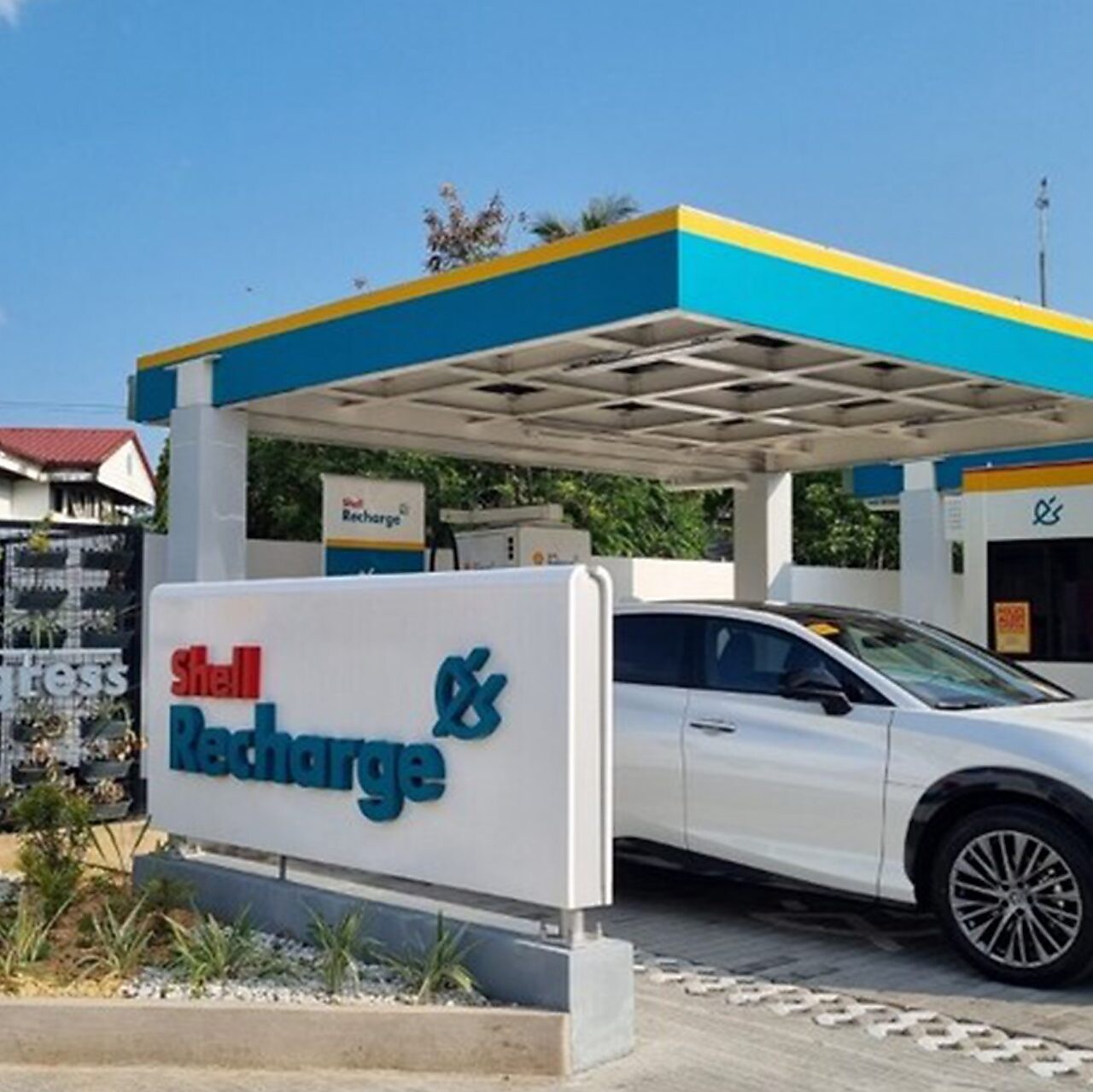
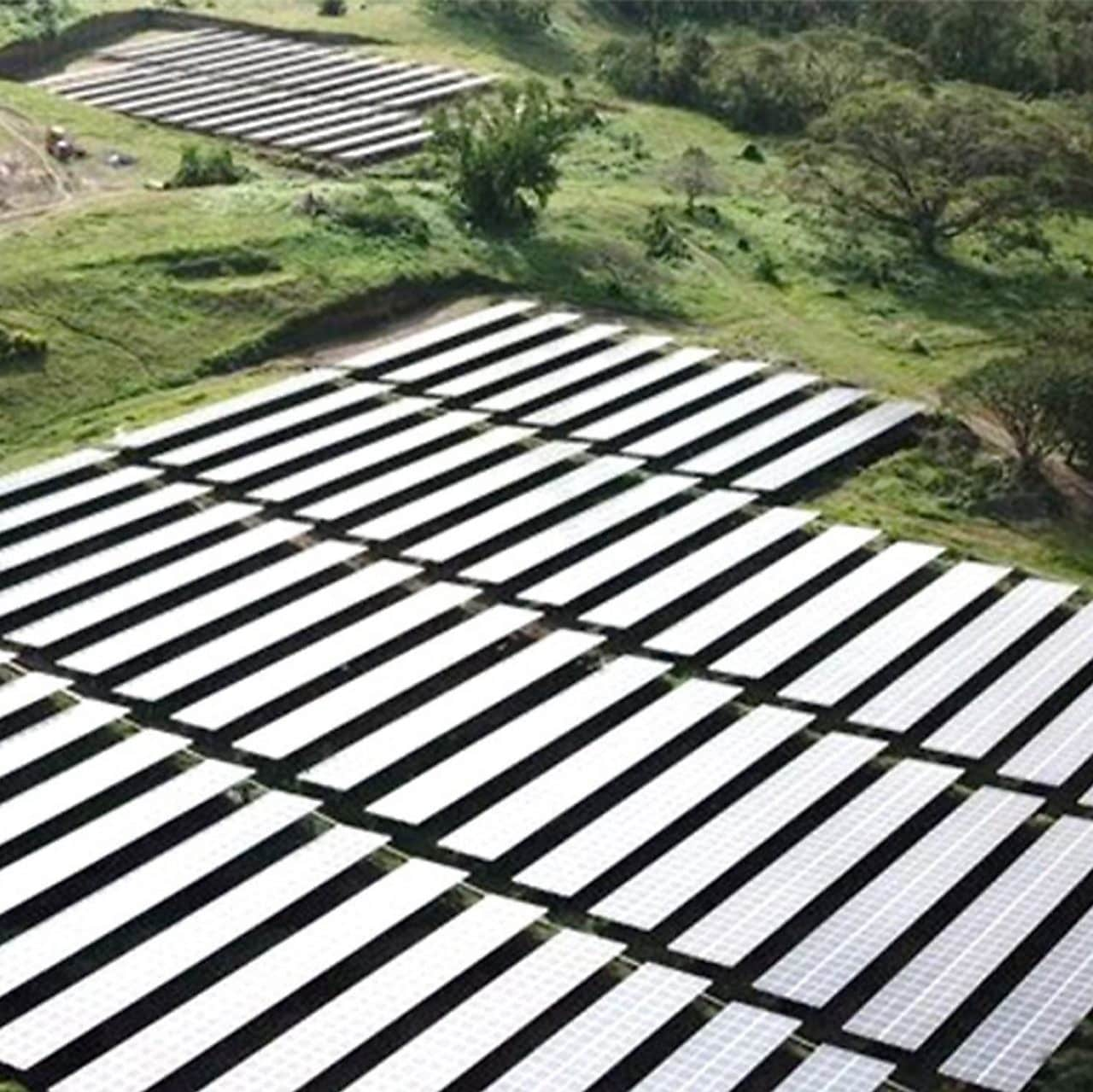
288 solar panels
installed in bitumen facility in CDO
100% Renewable power
for Batangas terminal and SLEX Mamplasan station
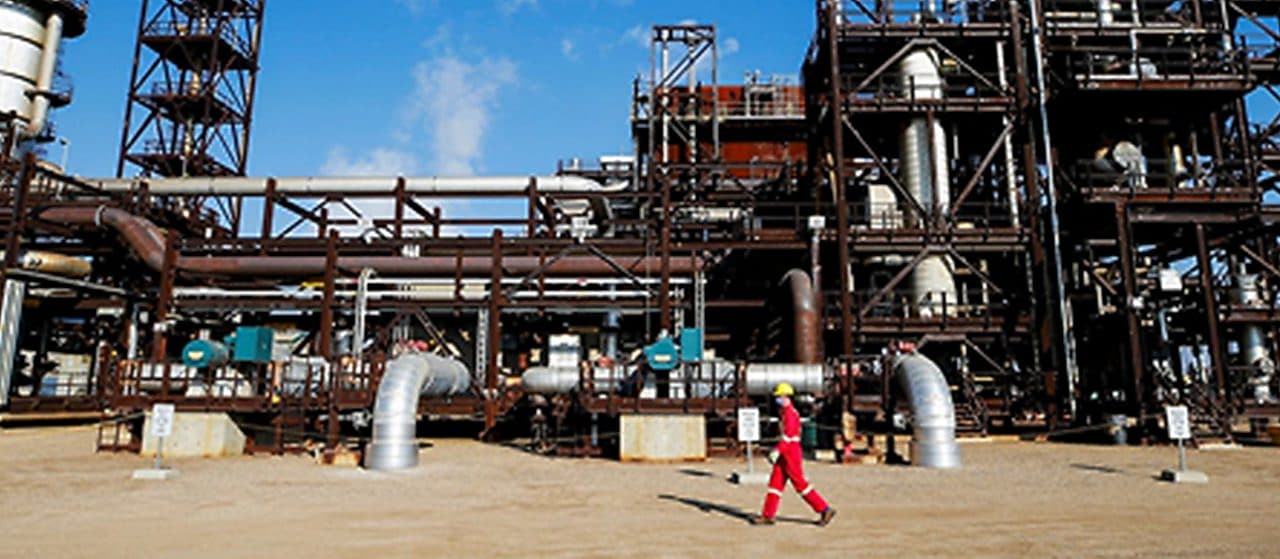
~90% Reduction
on Scope 1&2 emissions from 382Ktons C02 to 47Ktons C02 in 2024
Energy Provider
Reducing emissions from products sold

Shell Recharge
700km EV Loop
Shell Recharge EV Business
Low and Carbon Neutral lubricant products

Accelerate to Zero
Carbon offset offers low carbon services

Shell Energy
Provides access to cleaner energy

Shell Bitumen
Low carbon bitumen solutions
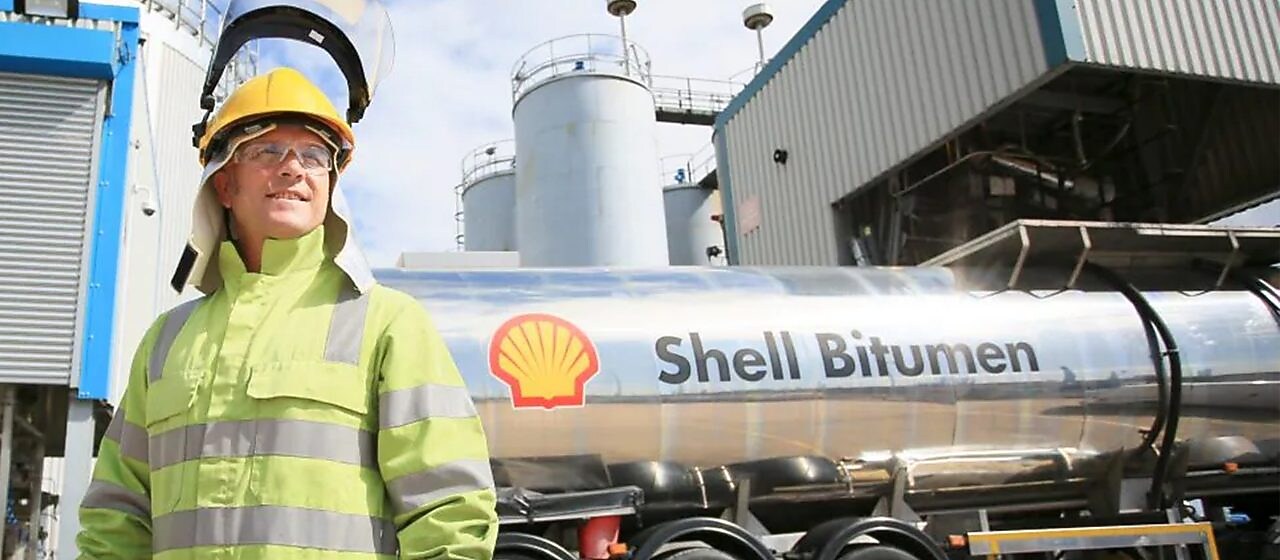
Partner in energy transition
Enabling decarbonization through circularity, carbon offsets and partnerships

Sustainability Week
Driving energy transition culture in the company
Shell LubeRecycle
Plastic circularity to support country's Extend Producer's Responsibility law
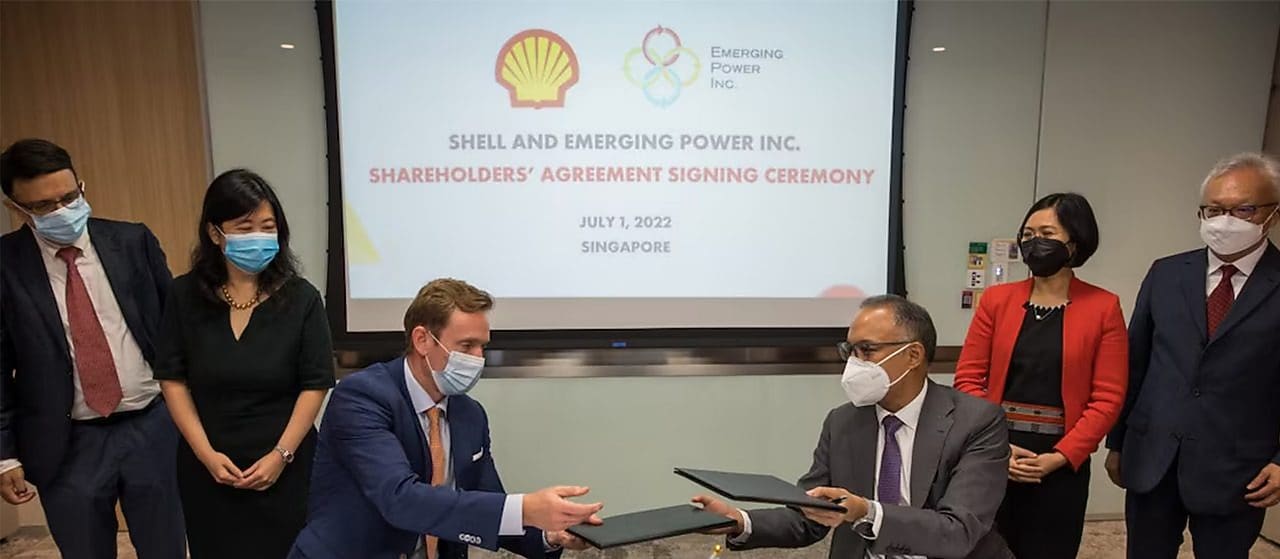
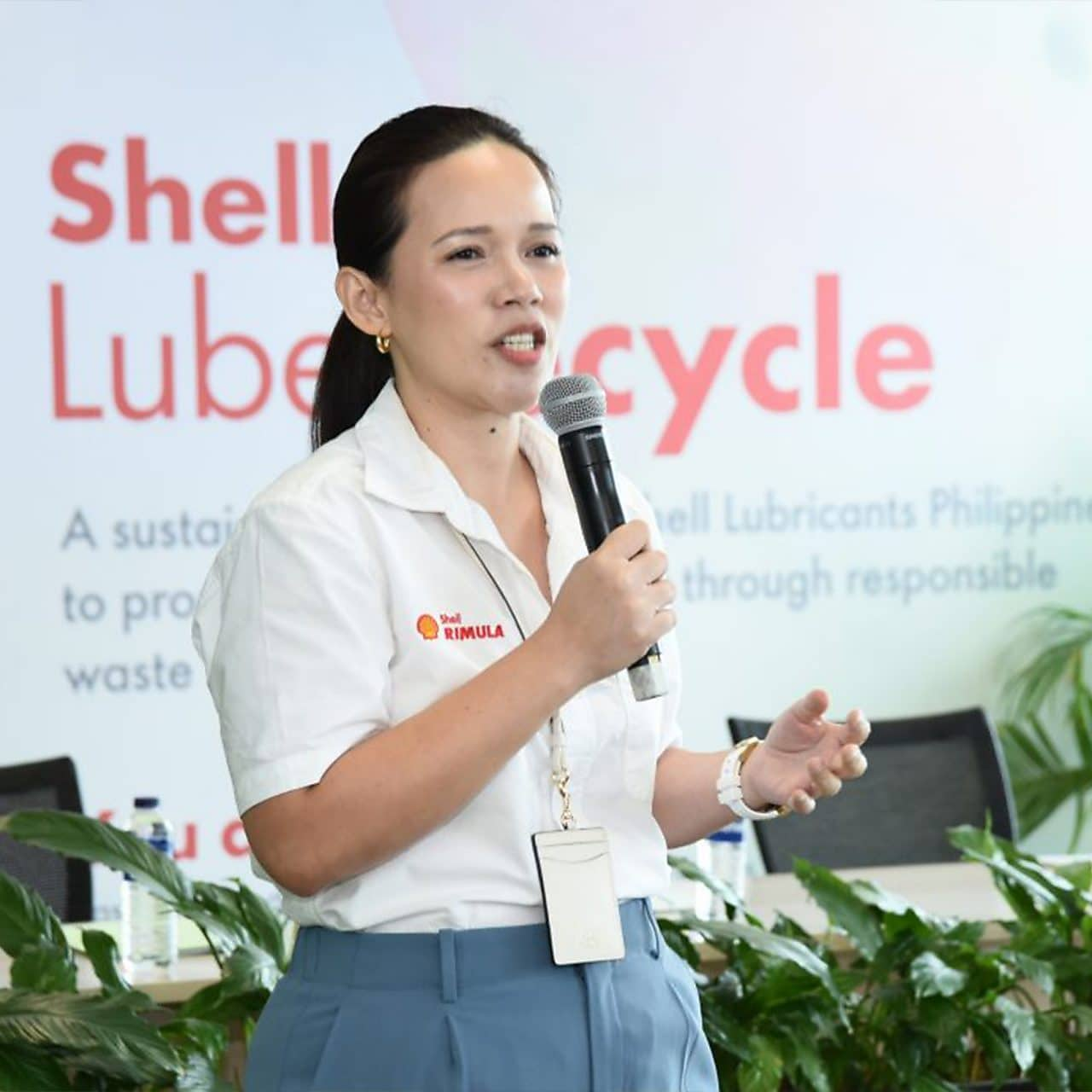
Partnerships in Energy Transition
Partnerships with private and public sectors in proactive advocacy and efforts towards Energy Transition
Part of our aim with sustainability is to help develop and contribute to the well-being of our surroundings both people and environment so that we all can make a brighter future together. Here you can find out more about those projects.
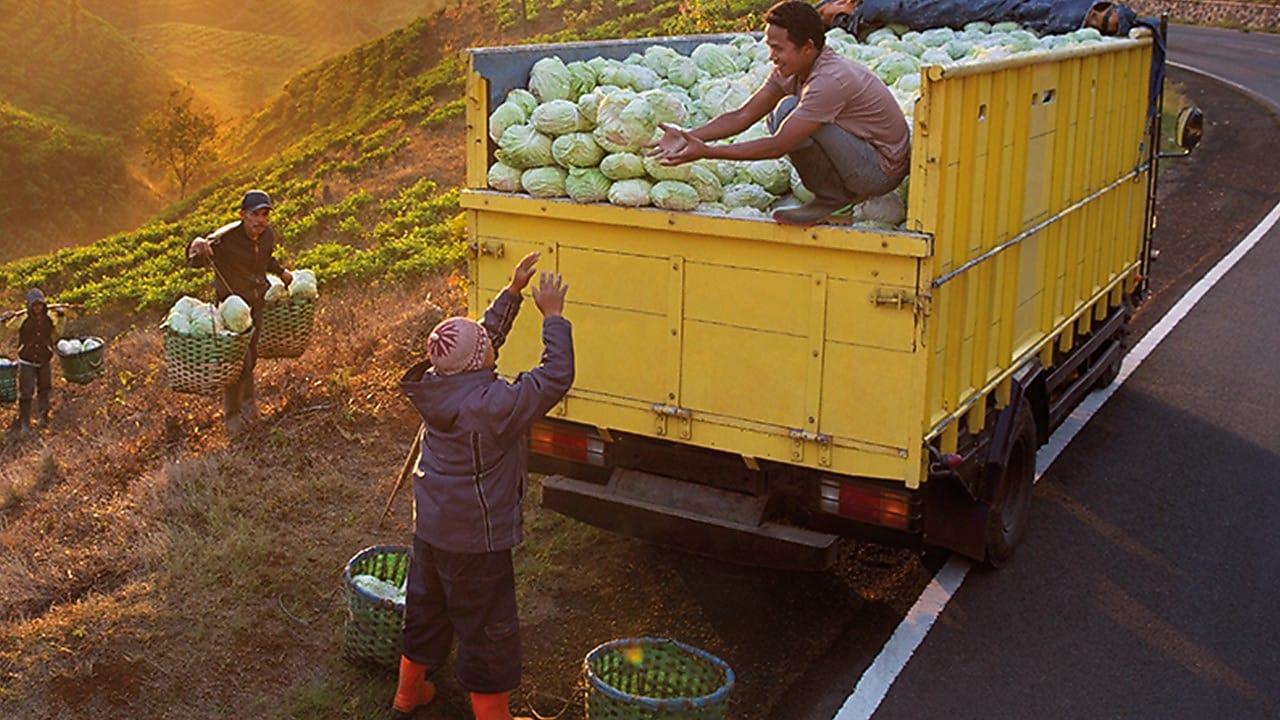
Pilipinas Shell Foundation
Established on August 19, 1982 it is the social arm of Shell
companies in the Philippines. With this we aspire to spearhead
fit-for-purpose projects that respond to the needs
of the rest of the country.
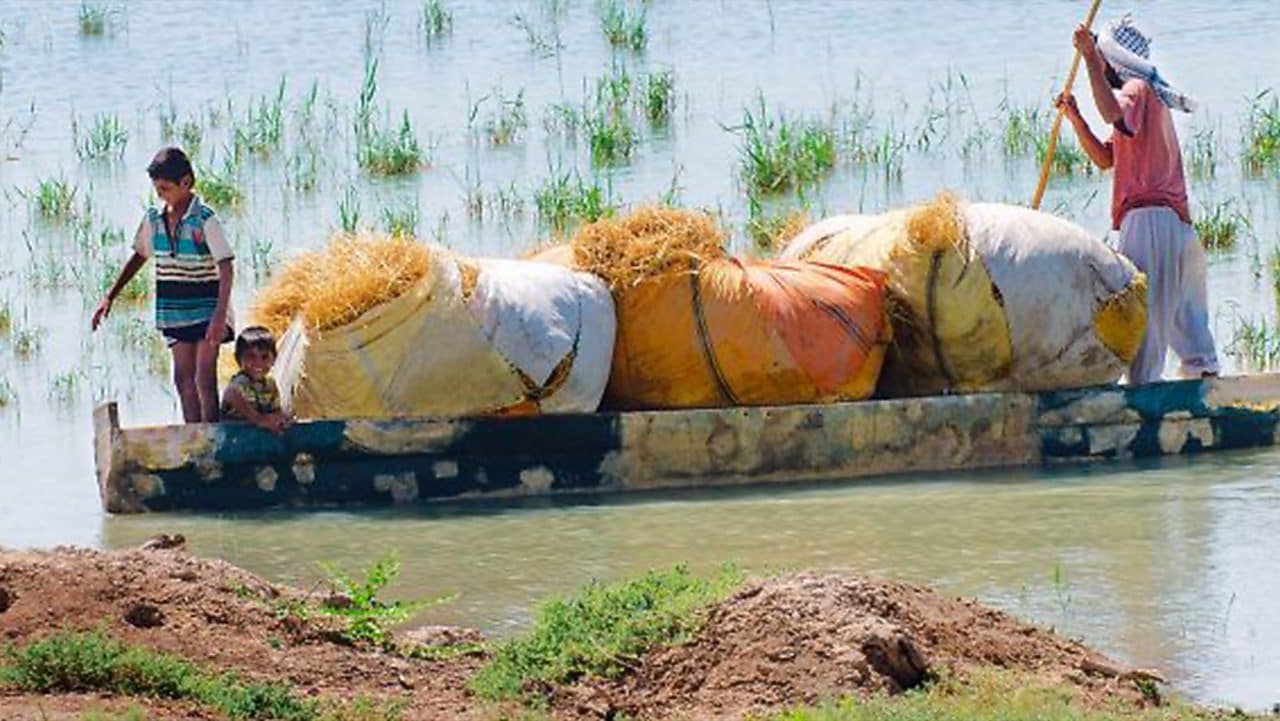
Shell Philippines Sustainability Report
Find out more about our local sustainability projects
and efforts

Shell Global Sustainability Report
Find out more about our sustainability projects and their results
on a global scale
